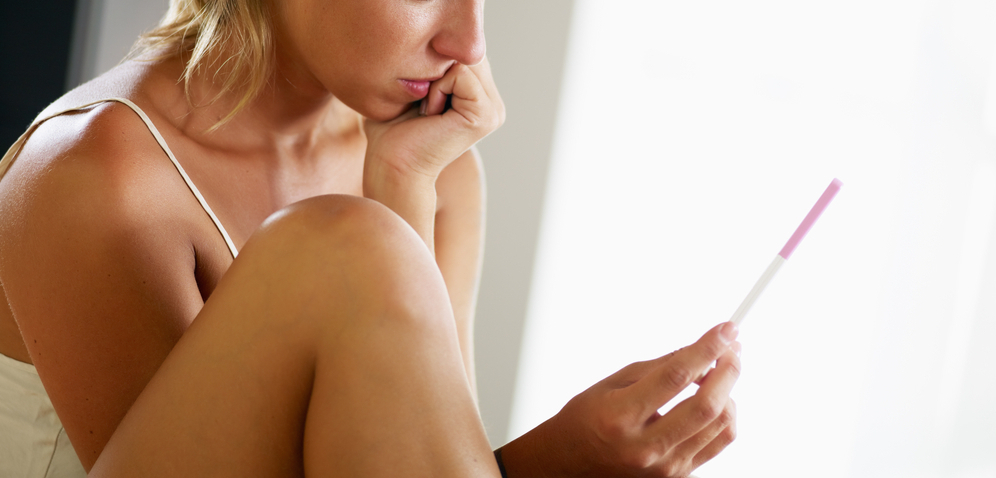
The key for a successful fertility treatment starts by receiving a correct diagnosis. The first step to achieve it through the assisted reproduction field is carrying out a fertility study which includes different tests. Thanks to this study it is possible finding out any particular problem which stops the couple from conceiving naturally and providing them with a solution. Both partners are subjected to diagnostic tests.
The fertility studies at Eva Clinics are always personalized researches and start with a first visit at our center. During the first approach the case is assessed in depth to establish the necessary tests. A completed medical history is performed as well as the family history, infertility condition, toxic habits (such as alcohol, cigarettes) and a physical examination. This information allows establishing the recommended tests.
Fertility tests for females
The main fertility tests to asses a woman’s fertility are the following:
- Transvaginal ultrasound scan: through this technique internal genitalia are studied in order to assess the development of the uterus, tubes and ovaries. This technique doesn’t have any side effects.
What kind of information does the ultrasound scan provide?
- In the uterus: it is allows ruling-out the existence of polyps, fibroids or uterine malformations.
- In the ovaries: it allows assessing the ovarian reserve through the antral follicles counts, its operation and response to ovarian stimulation. Moreover, the existence of fibroids and any endometriosis’ sign in the ovaries can be detected as possible infertility cause.
- Pap/smear test: it is a safe test to detect asymptomatic infections. It also provides information about the patient’s hormonal activity.
- Complete blood count: Blood tests in which the main three types of cells contained in blood are measured: red blood cells or erythrocytes, white blood cells or leucocytes and platelets.
- Serology: Specific blood test to detect the presence of antibodies such as HIV, Viral Hepatitis, Rubella, and syphilis.
- Female hormone blood tests: Mainly, Follicle-stimulating hormone (FSH), Luteinizing hormone (LH), oestradiol, prolactine and thyroid stimulating hormone (TSH). FSH and oestradiol provide information about ovarian reserve level. LH hormone disorders commonly give information about anovulation. It is also possible identifying hormone disorders in the luteal phase. Anti-mullerian hormone (AMH) can be analyzed; it is a substance secreted by ovarian follicles. Their study can be used to measure the ovarian reserve that is the number of healthy egg found in a woman.
Other additional tests which can be recommended by the doctor are for example hysterosalpingogram (HSG) or a Karyotype test for man and woman.
Fertility tests for males
The main fertility tests to asses a man’s fertility are the following:
- Spermiogram (semen analysis): is the main diagnostic test to assess man’s fertility and allows studying the sperm sample in the laboratory in order to establish the most appropriated technique to apply.
What does it study? The macroscopic parameters such as its appearance, viscosity, pH, volume, coagulation timing, and microscopic parameters such as sperm concentration per millimeter, motility and morphology are studied.
- Sperm capacitation can also be performed in order to determine the motile sperm count. It consists of processing the samples to retrieve the best motile sperm to use into different assisted reproduction techniques.







